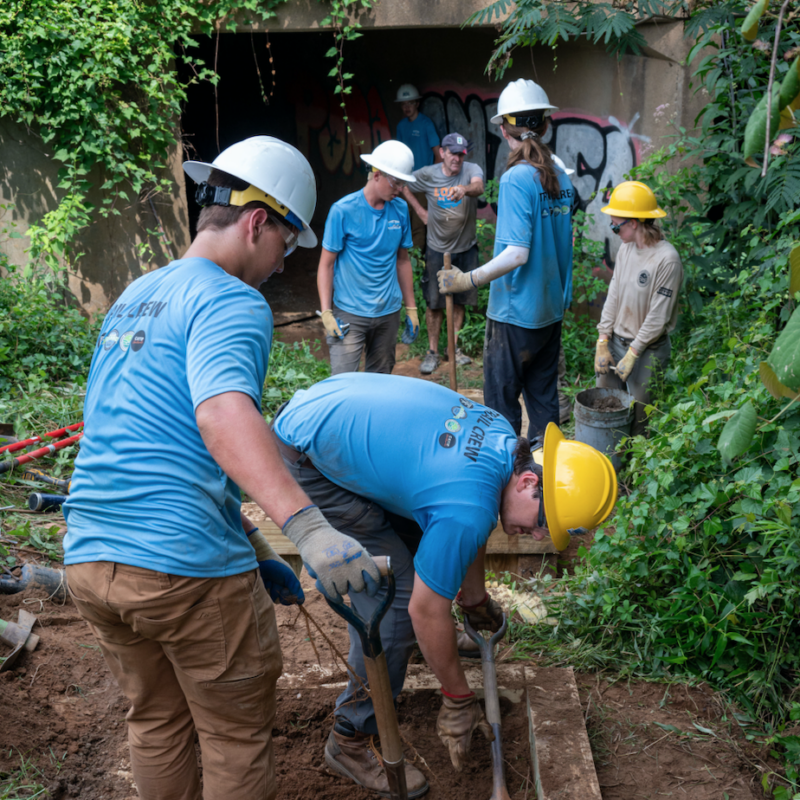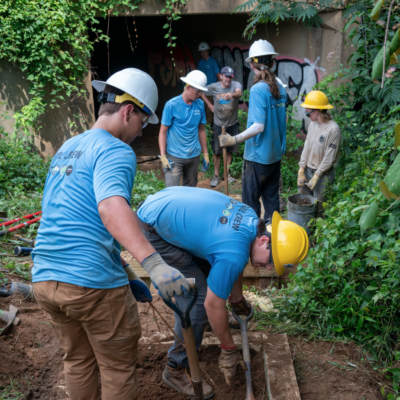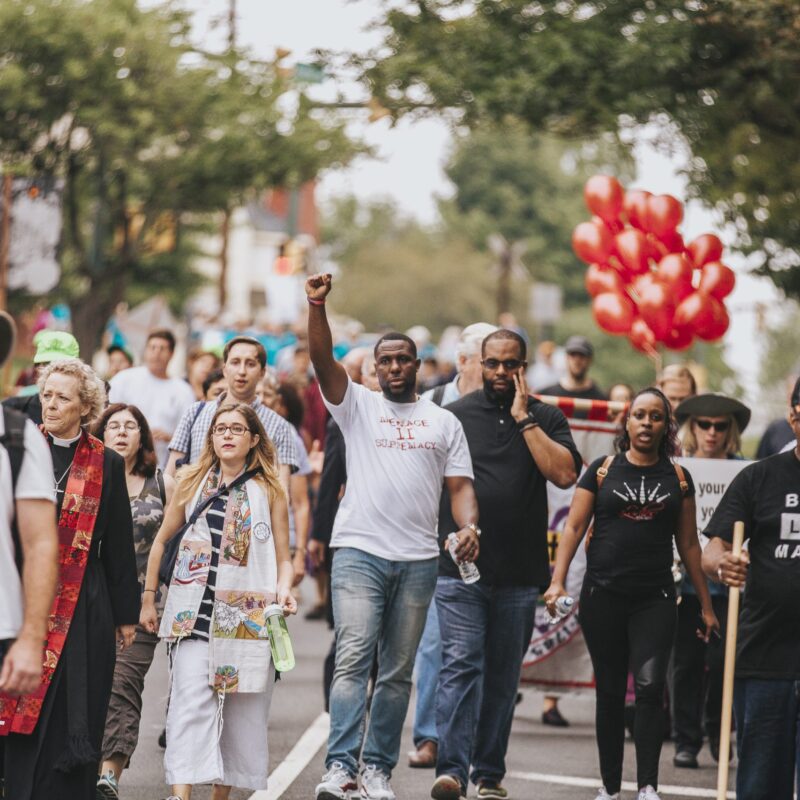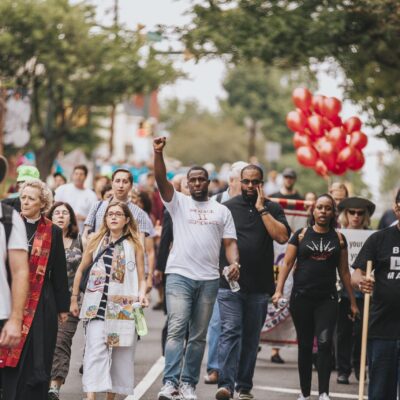The manager and food vendors of the Charlottesville City Market received an unpleasant surprise upon opening the bill for their annual Food Safety fee this month. The required fee had jumped 150 percent, to $100 from $40.
|
Eat local, pay state: Charlottesville City Market vendors saw a mandatory Food Safety fee jump to $100 from $40. |
“I was shocked when I opened this month’s bill,” says market manager Stephanie Anderegg-Maloy, who pays a separate fee for each of the three city markets, located at Meade and Pen parks and the Water Street metered parking lot. The fee applies to retail food processors of any size, from snack food warehouses to lemonade stands, and is payable to the Virginia Department of Agricultural and Consumer Services (VDACS).
“I got a letter along with the bill, noting the increase and that the bill is payable within 30 days,” says Planet Earth Diversified’s Michael Clark, whose City Market stall sells produce as well as specialty popsicles and frozen drinks.
With revenue down and tax increases a political taboo in the past year, state agencies are taking deep cuts. Small food business owners are increasingly bearing the cost of required certifications through steep fee hikes. Says State Senator Creigh Deeds, “State revenue is way down, no doubt, but I can’t imagine that the service provided is worth a 150 percent increase.”
Clark isn’t sure exactly what his $100 pays for.
“I haven’t been inspected this year, and the letter refers to an annual ‘Food Safety’ fee rather than an inspection fee,” he says. In a five-page “Frequently Asked Questions” document on the VDACS site, the agency states that even if your business has not been inspected in over a year, payment of the fee is still mandatory.
VDACS Director of Communications Elaine Lidholm says the increase “was not from us. It was written into the General Assembly’s 2010-2011 budget and went into effect July 1.” Deeds says the increase “was inserted late as a line item.
“We didn’t get the budget on time and only had a few hours to review it before an up-or-down vote,” says Deeds.
Babes in the Wood owner Bill Jones says, “This is a tax by another name. I didn’t get to vote on it, I had no warning of the increase, and I can’t operate without VDACS’ permission. It feels like a protection racket.” Jones sells pastured heirloom pork as well as grilled sausages at the City Market. “I don’t have a problem with inspections, but there’s only so much cost you can pass along to the consumer as a small-scale producer. This is not very small business-friendly.”
Janet Dob, owner of City Market’s Bake’-
mmm Bagels, is a proponent of a sliding scale for the fee. She points out that while the increase is not prohibitive to her business, which sells to a multi-state region, producers “for whom a farmer’s market is their only outlet, who sell once a week for 20 weekends a year, are taking a real hit to an already narrow profit margin.”
Clark worries that more funding cuts and fee increases lie ahead. He says that both VDACS and the Agricultural Extension service at Virginia Tech have provided invaluable help to his business, but that “a number of things they were providing are quietly disappearing” due to cuts. “If I have to pay for private lab testing of my products, at some point it’s just not worth it,” he says.—Meredith Barnes






